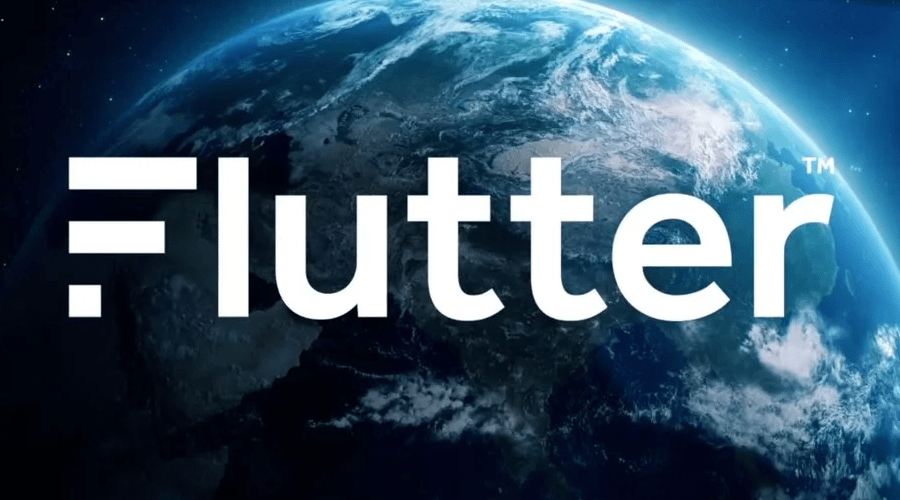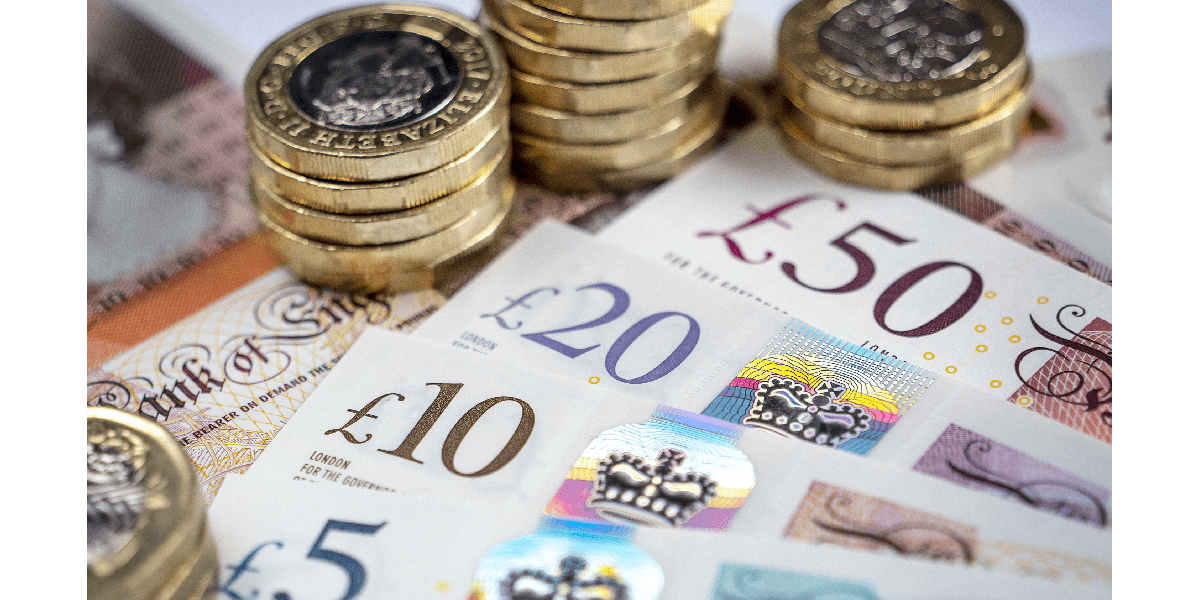
In the first half of the year, Flutter's US operation hits a "profitability inflection point."
Net income turned a profit for the group in the six months ending 30 June, and revenue increased by 41.9% during that time. According to Flutter, the success of its US division, specifically the FanDuel Group brand, was a major factor in this.
The brand's success has only increased after May 2018, when ownership of FanDuel was assumed. FanDuel has expanded extensively from its humble beginnings as a daily fantasy sports provider to include sports betting and an online casino available in several US states.
Flutter CEO: FanDuel will invest in H2 with profits
There is little indication that this expansion will slow down, given that CEO Jackson revealed that the US firm added over two million new players in the first half.
A "pivotal moment for the group" occurs in the first half, according to Jackson. "The profitability inflection point of our US company has arrived, and it is helping to change the group's earnings profile and greatly increase our financial flexibility.
Fantasy Flutter
According to FanDuel, the US had another outstanding performance, resulting in over £100 million in EBITDA for the first half. During that time, we increased our share of the igaming market to 23%, added over two million new players, and solidified our position as the leading sportsbook.
With an EBITDA of over $100.0m (£78.3m/€91.1m) in the first half, FanDuel's US operation was profitable. As we work to enhance our customer offering on a constant basis, this profit profile gives us a solid foundation to spend substantially in the second half.
"We have seen outstanding returns on investment, increased future profitability, and embedded even greater value into our customer base as a result of our player acquisition strategy."
Optimal location for Flutter
Compared to the same period last year, total revenue increased to £4.81bn, from £3.39bn. Among them, £3.00bn came from wagers on sporting events and £1.81bn from gambling.
The United States was Flutter's shining star in the first half, as Jackson said. The FanDuel brand accounted for 98% of the revenue, which increased from £132 million to £1.79 billion, and adjusted EBITDA went from a loss of £132 million to a profit of £49 million.
Fantasy Sports' FanDuel
As the first half of the year came to a close, FanDuel kept expanding across the United States.
The United States had a 78.1% increase in revenue to £1.37 billion, with stakes increasing by 42.5% to £15.55 billion. According to Flutter, this was made possible by its launch in new states and positive sports outcomes. Now available online or in-store in 23 states across the US, the operator went live in Kansas, Maryland, Ohio, and Massachusetts.
Igaming saw a revenue increase of 51.3% to £425m, which Flutter attributed to a robust 48% increase in players. According to the operator, FanDuel Casino was able to increase its market share in the first half of the year.
Growth in the UK, Ireland, and Europe markets is ongoing.
Away from the US, the UK and Ireland had a 13.7% increase in revenue to £1.24bn, driven by the Paddy Power and Betfair brands. The internet business of Flutter contributed £1.09 billion, while the retail operations contributed £153 million. The total revenue for the UK and Ireland was £709 million from sports betting, with £533 million coming from gaming.
Online revenue increased, according to Flutter, due to strong customer acquisition and retention of World Cup customers and a continued focus on growing customer value. Regarding retail, Flutter mentioned that it experienced the positive effects of product investment throughout its estate.
Páddy Power
Growth in the United Kingdom and Ireland was driven by Paddy Power and Betfair.
Its worldwide division saw an 84.7% increase in sales, reaching £1.17 billion. Total revenue for the first half of the year came to £315 million from sports betting and £845 million from gaming.
Specifically, Flutter said that the acquisition of Sisal contributed to an increase in revenue from Italy, which is an ongoing advantage. While the Flutter Edge brand in India drove revenue up 54.0%, Sisal powered the national lottery in Turkey, which had a strong performance.
Down in H1, Australia
As far as anyone can tell, Flutter's Australian subsidiary Sportsbet was the one major disappointment in the first half. Here, sportsbooks stakes dropped 4.9% to £4.95bn, leading to a 1.8% year-on-year decline in income to £601m.
Retaining a user base that was extended during the epidemic resulted in an average monthly player increase of 7.0% for the Sportsbet brand in Australia. But Flutter claimed that "challenging" comparatives in 2022 caused a year-over-year decline in sales.
Gaming in Australia
Among Flutter's brands, the Australian one Sportsbet had the worst performance in the first half.
According to Flutter, this was especially true in racing compared to the peaks caused by COVID-19, when revenue was 7% lower per consumer. Other forms of leisure time spending were severely limited at this time.
The success of Flutter H1 is unaffected by rising costs.
Moving on to the topic of expenditure, Flutter incurred increased costs in every category. An increase of 13.6% to £930 million was accompanied by a 48.4% increase in cost of sales, which reached £2.01 billion.
Depreciation and amortisation increased by 28.7 percent to £552 million, while other operational expenses increased by 43.3 percent to $983 million. Compared to previous year's £51m loss, pre-tax profit reached £83m when additionally includes £131m in finance expense.
After deducting £45 million in tax benefits, Flutter's net profit for the period was £128 million. This followed a loss of £112 million reported at the close of the first half of 2022. Also, EBITDA margin was 15.9.9%, and the rise was 76.3%, reaching £765m.
Coming soon to the US, FanDuel
In addition to the statutory results, Flutter also released adjusted results, which take into consideration the elements that are disclosed separately. Transaction fees and related expenditures, costs linked with restructuring and integration, and costs related to the amortisation of intangible assets acquired are all part of this category.
Only a subset of expenses, including EBITDA and net profit, are affected by the revised figures. The adjusted pre-tax profit was £454 million, which was higher than the adjusted depreciation and amortisation costs of £238 million. Compared to the corrected figure from the previous year, this was 63.9% higher.
The Wall Street Journal reports that ongoing plans to float FanDuel in the US
After adjusting for taxes, the net profit was £420 million, an increase of 137.3 percent over the previous year. Furthermore, adjusted EBITDA reached £823m, an increase of 72.9%.
This year's second half is off to a good start, according to Jackson. "Late this year or early next year, we are looking forward to adding a US listing for Flutter shares."







